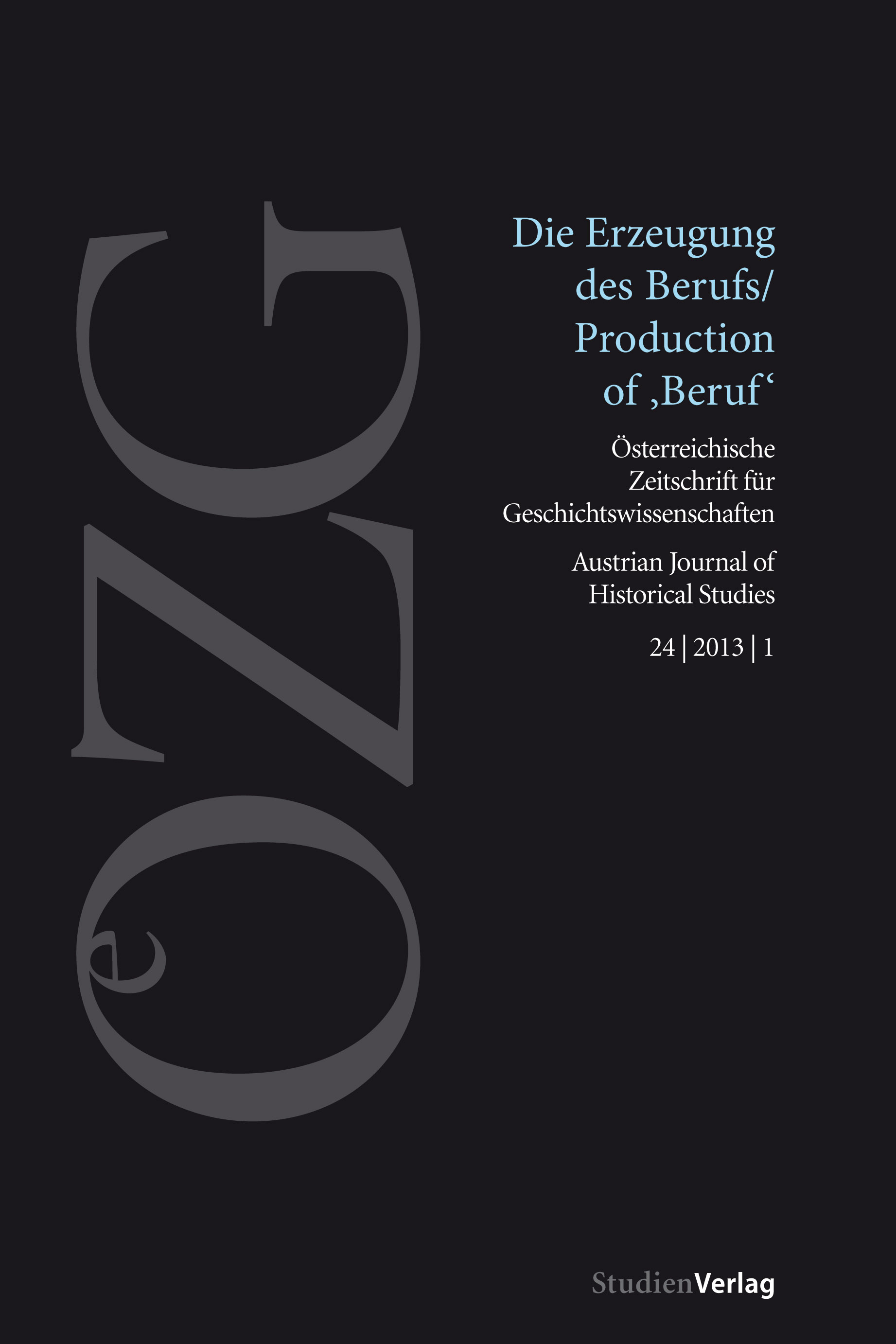“The most exhausting job in the world”
Love and Care Work in SOS Children’s Villages
DOI:
https://doi.org/10.25365/oezg-2013-24-1-5Keywords:
gender, mothering, care work, development organization, profession, capitalismAbstract
This paper addresses the (im)possibilities and implications of the professionalization of mothering. In more than five hundred “Children’s Villages”, the international aid organization SOS Kinderdorf employs single, widowed or divorced women as “mothers” to take care of orphans and neglected children. An analysis of the requirements and demands of these positions shows that the professionalization of mothering results in numerous contradictions. In addition, the utter blurring of boundaries makes it impossible to separate one’s work from one’s life. Based on my field research in SOS Children’s Villages located in Bolivia and Austria, the self-conceptions of women in these jobs are analyzed, revealing ambivalences and limitations involved in converting the gendered cultural model of motherhood into a classical profession.


